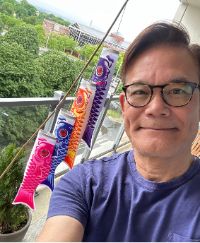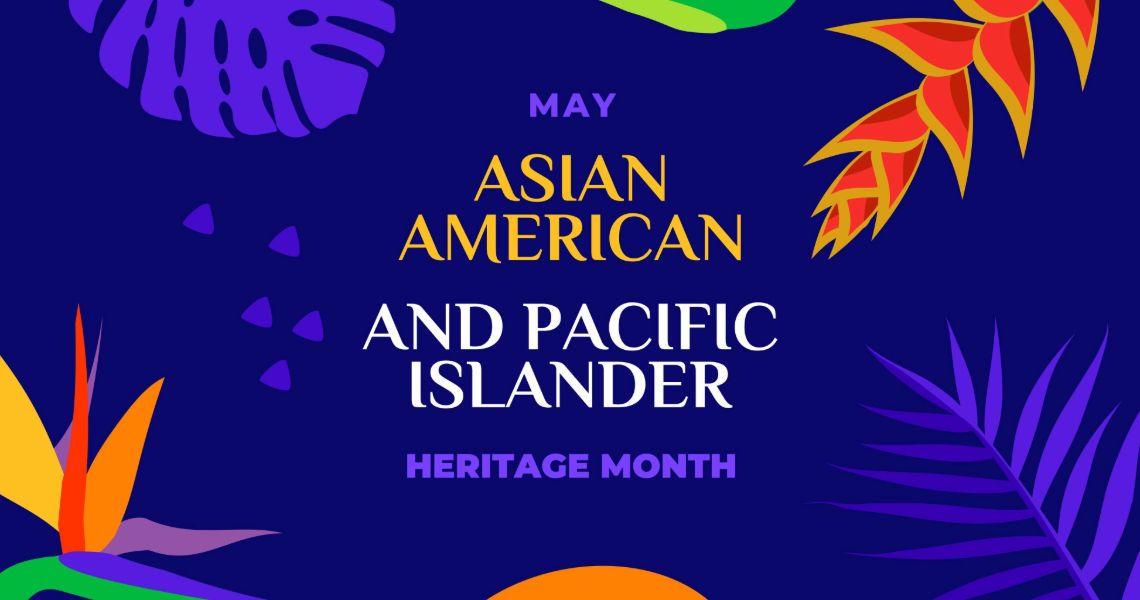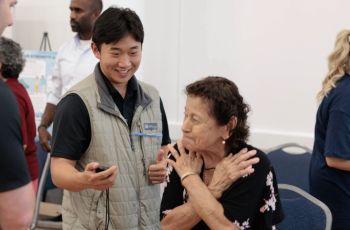Asian American Pacific Islander (AAPI) Heritage Month occurs during the month of May and is a time to celebrate and recognize the rich history, culture, and contributions of Asian and Pacific Islander communities. The month honors the communities' achievements and resiliency while raising awareness of the challenges they continue to face and overcome. Various events and activities are also held to showcase the diversity and beauty of Asian and Pacific Islander cultures and to promote unity and understanding among all people.
Second-year OT student, Sabrina Luu, a Vietnamese-Chinese-American, reflected on the importance of AAPI Month for establishing one’s identity and expressing gratitude for previous leaders and changemakers. “Growing up in a predominantly white community, I struggled with celebrating and connecting with my Vietnamese roots. I now realize that many individuals around me, like my mom, or the Chinese transcontinental railroad workers that came to the United States of America, have worked tremendously hard to make a better livelihood for themselves and future generations.”

Program director and professor, Roger Ideishi, JD, OT/L, FAOTA, stated that he celebrates through participation in holidays such as Japan’s Children’s Day (こどもの日, Kodomo no hi), where people fly koi fish flags (鯉のぼり, koinobori) to wish good fortune for children.
Kiara Johnson, another second-year student, identifies as Filipino, African American, and Spanish, and emphasizes the importance of engaging in and celebrating culturally based occupations anytime and anywhere. “My family and I frequent Korean spas and Vietnamese nail salons. We partake in festivals, especially when traveling overseas, such as luaus and festivals commemorating history and culture. Certain members of my family are Catholic, which is one of the main religions in the Philippines. As a result, they pray several times a day using a common Catholic prayer. I also often cook varying Asian cuisines such as Korean, Thai, Vietnamese, Hawaiian, and Japanese.”
As the GW occupational therapy program aims to enrich cultural understandings and foster a sense of unity and appreciation among the students, students’ recent fieldwork site took place at the Chinese Cultural and Community Center located in Gaithersburg, Maryland. This experience, facilitated by a certified translator, was reflected on by Jack Kling, who said, “Our interpreters helped us break through the language barriers. They were crucial for our OT-based solutions to be effective and efficient.”



